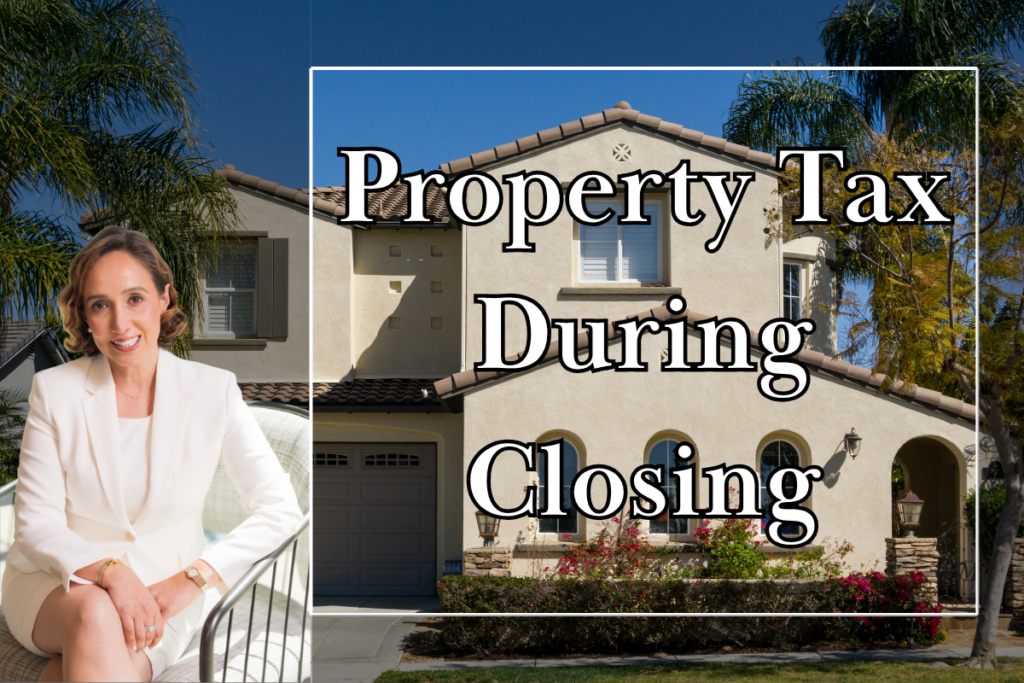
When buying or investing in property, understanding property tax deadlines is important, especially during the closing process. Here’s a guide to help you navigate property tax time efficiently:
Tax Periods
• Property taxes are typically divided into two installments within a fiscal year.
First Half: Covers July through December and becomes due on November 1st. It must be paid or postmarked by December 10th to avoid penalties.
Second Half: Covers January through June and becomes due on February 1st. Payment should be made by April 10th to avoid penalties.
Avoid Penalties
• If taxes are not paid by the due dates, a 10% penalty is applied to the installment amount.
• In many counties, an additional $10 fee is added to the second installment if it becomes delinquent.
Lender Requirements
• Lenders often require property taxes to be paid at closing if the closing occurs within 30 days before the tax installment’s due date. This ensures taxes are settled ahead of potential deadlines.
Role of the Escrow Officer
• The escrow officer plays a key role by handling tax prorations at closing.
• Tax prorations are calculated based on existing tax amounts, not the property’s sale price.
• The officer coordinates with the title company to ensure tax payments are made as required.
Agreements Between Buyers and Sellers
• In some transactions, buyers and sellers may agree to pay all tax installments due for the entire fiscal year during closing.
• The escrow officer will facilitate these agreements and instruct the title company accordingly.
To learn more about property tax time, click here.
Source: California Title Company
Ready to sell? Know your home’s worth, click here.
Homes for sale in Carmel Valley click here.
Shirin Rezania Ramos | 858.345.0685 | www.shirinramos.com | Compass, DRE 0203379


